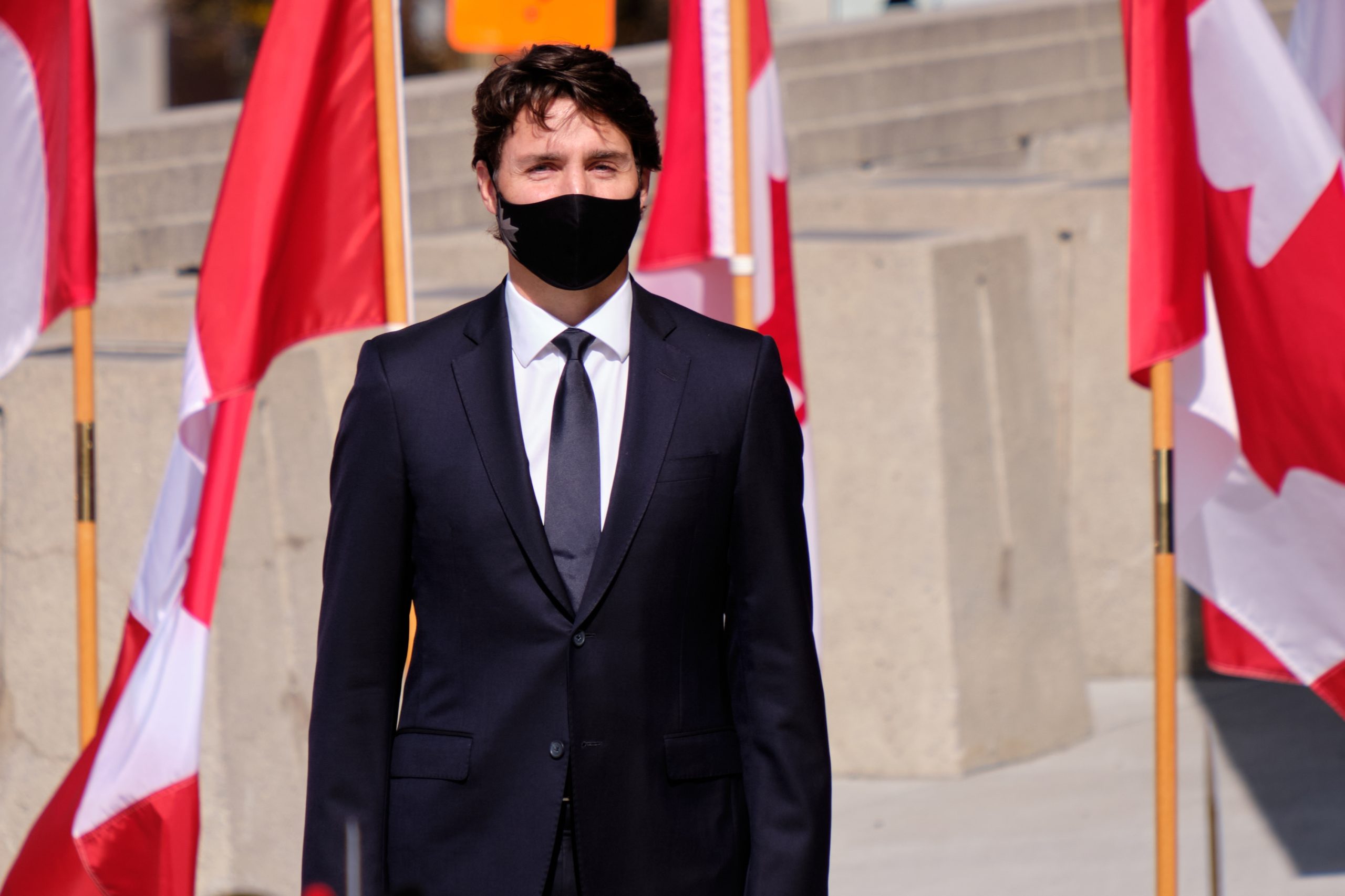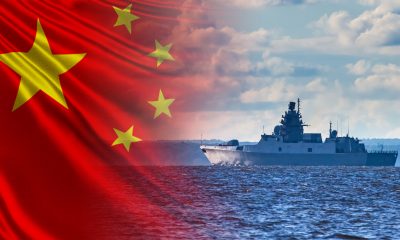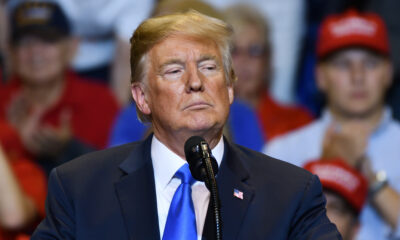Justin Trudeau Resigns As Canadian Prime Minister Amid Mounting Political Pressure

Canadian Prime Minister Justin Trudeau announced Monday that he is stepping down as leader of the Liberal Party and prime minister after nearly a decade in power. Trudeau will remain in a caretaker role until a new Liberal leader is chosen.
At a press conference, Trudeau acknowledged internal party divisions and parliamentary gridlock as key factors in his decision. “This country deserves a real choice in the next election,” he stated. “If I’m having to fight internal battles, I cannot be the best option for the upcoming election.”
The decision to prorogue Parliament until March 24 was also revealed, temporarily suspending legislative activities. Trudeau argued that this would help reset the government after what he described as the longest minority parliament session in Canadian history.
Trudeau’s leadership faced increasing scrutiny after a series of setbacks, including the surprising June defeat of the Liberals in Toronto-St. Paul’s, a riding they had held since the 1980s. The election of Donald Trump as U.S. president in November further complicated Trudeau’s position, with critics questioning his ability to negotiate effectively with the incoming administration.
The tipping point came in December when Chrystia Freeland, Trudeau’s deputy prime minister and finance minister, resigned abruptly. In a sharply worded resignation letter, Freeland criticized Trudeau for prioritizing “costly political gimmicks” over responsible fiscal policies and failing to address looming tariff threats from Trump’s administration.
Trudeau’s resignation marks a significant political shift for Canada as the Liberal Party begins its search for a new leader. Potential successors include Freeland and former central banker Mark Carney.
























